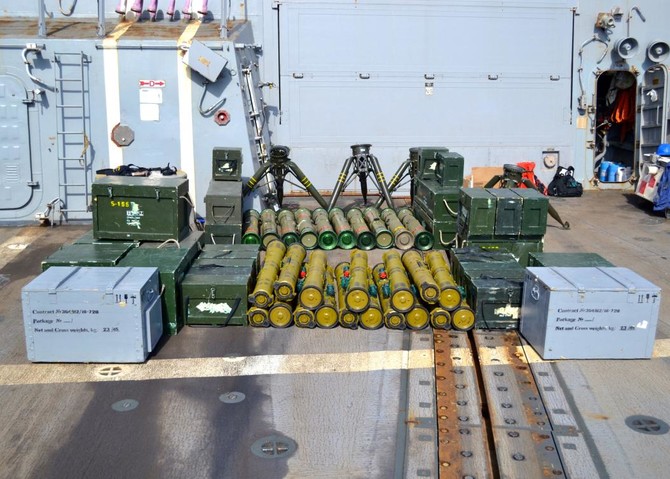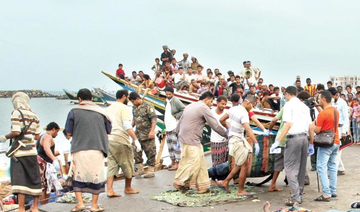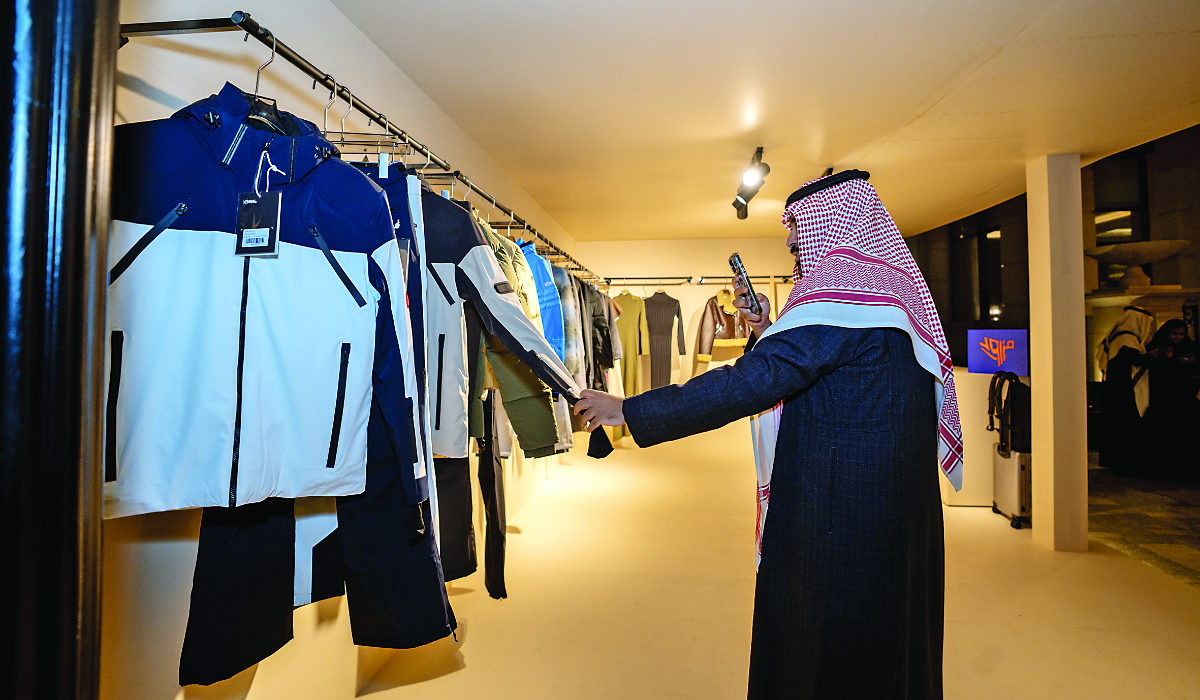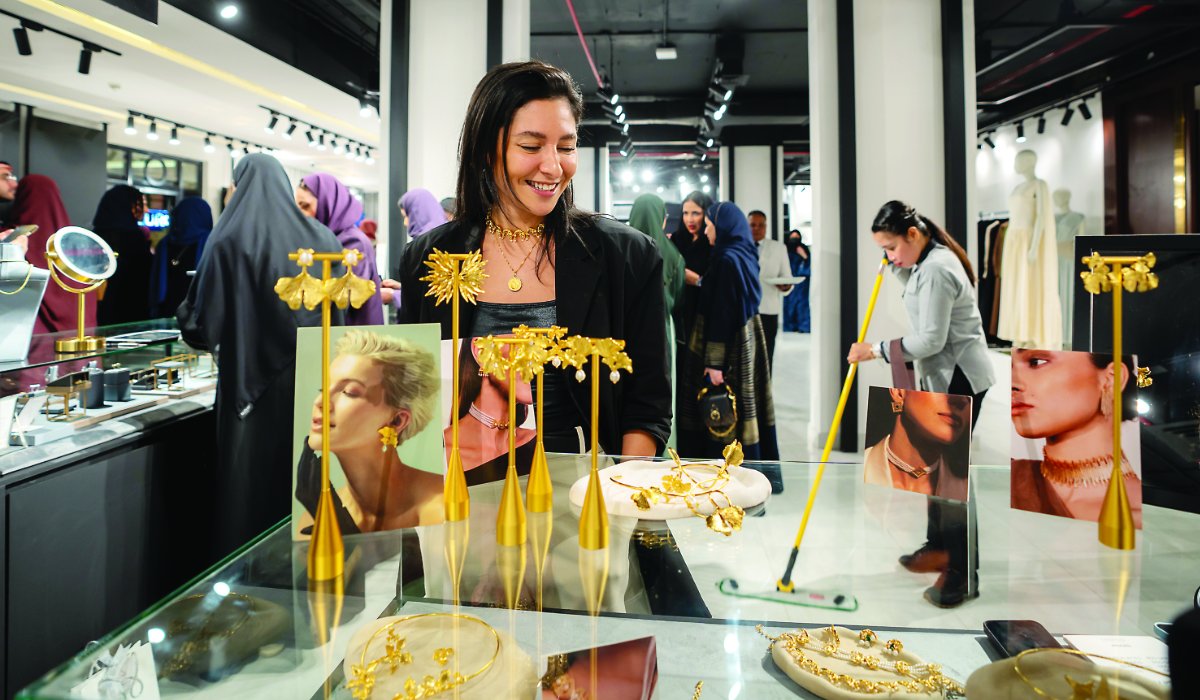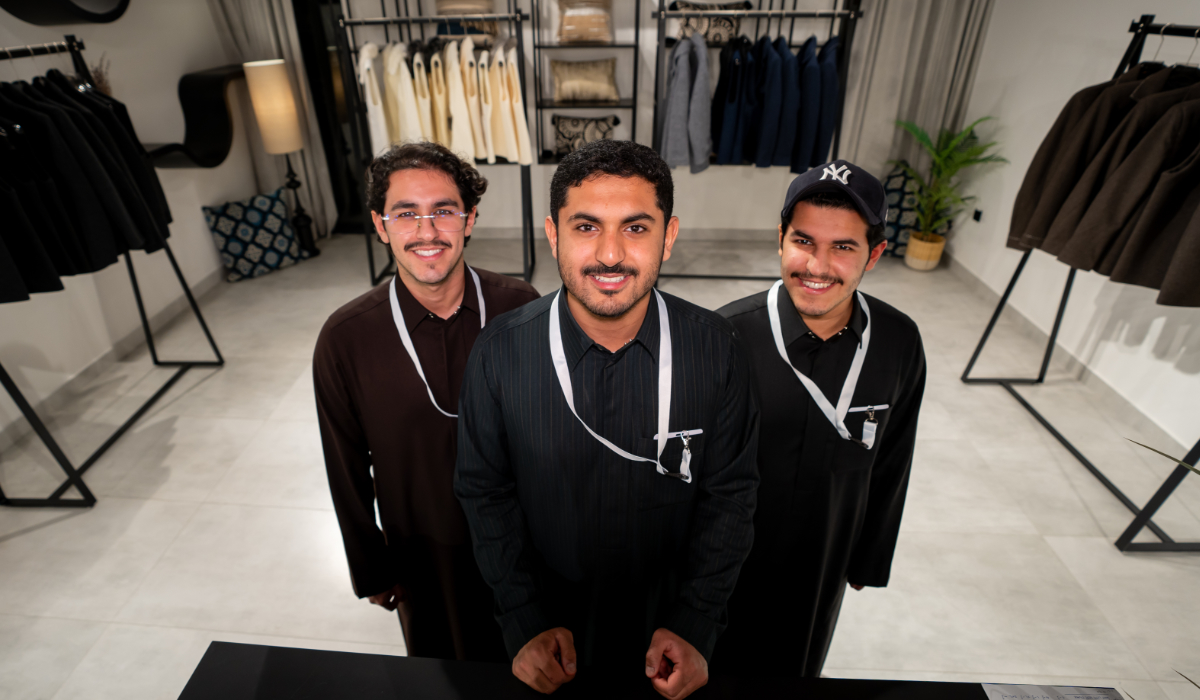LONDON/ANKARA/DUBAI: Iran is sending advanced weapons and military advisers to Yemen’s rebel Houthi movement, stepping up support for its Shiite ally in a civil war whose outcome could sway the balance of power in the Middle East, regional and Western sources say.
Sources with knowledge of the military movements, who declined to be identified, say that in recent months Iran has taken a greater role in the two-year-old conflict by stepping up arms supplies and other support.
This mirrors the strategy it has used to support its Lebanese ally Hezbollah in Syria.
A senior Iranian official said Major General Qassem Soleimani, commander of the Qods Force — the external arm of the Islamic Revolutionary Guard Corps — met top IRGC officials in Tehran last month to look at ways to “empower” the Houthis.
“At this meeting, they agreed to increase the amount of help, through training, arms and financial support,” the official said.
“Yemen is where the real proxy war is going on and winning the battle in Yemen will help define the balance of power in the Middle East.”
Iran rejects accusations from Saudi Arabia that it is giving financial and military support to the Houthis in the struggle for Yemen, blaming the deepening crisis on Riyadh.
But Iran’s actions in Yemen seem to reflect the growing influence of hard-liners in Tehran, keen to pre-empt a tougher policy toward Iran signalled by US President Donald Trump.
Maj. Gen. Ahmed Assiri, spokesman for the Arab coalition fighting the Houthis, told Reuters: “We do not lack information or evidence that the Iranians, by various means, are smuggling weapons into the area.”
“We observe that the Kornet anti-tank weapon is on the ground, whereas before it was not in the arsenal of the Yemeni army or of the Houthis. It came later.”
Iran’s activities have alarmed Sunni Muslim countries in the Middle East, with one senior official from a neighboring country saying: “We want Iran to stop exporting Shi’ism in the region, whether in Yemen or elsewhere.”
A Saudi-led Arab coalition intervened in Yemen’s civil war in 2015 to back President Abd-Rabbu Mansour Hadi after he was ousted from the capital Sanaa by the Houthis.
Government forces in the south and east hold most of Yemen’s territory, while the Houthis control most population centers in the northwest, including Sanaa.
A former senior Iranian security official said Iran’s hard-line rulers planned to empower Houthi militia in Yemen to “strengthen their hand in the region.”
“They are planning to create a Hezbollah-like militia in Yemen. To confront Riyadh’s hostile policies ... Iran needs to use all its cards,” the former official said.
Disruptive force
A Western diplomat in the Middle East agreed: “Iran has long been trying to cultivate portions of the Houthi militias as a disruptive force in Yemen.”
“This is not to say that the Houthis are Hezbollah, but they do not need to be to achieve Iran’s goals, which is to encircle the Saudis, expand its influence and power projection in the region and develop levers of unconventional pressure.”
Sources say Iran is using ships to deliver supplies to Yemen either directly or via Somalia, bypassing coalition efforts to intercept shipments.
Western sources say once the ships arrive in the region, the cargoes are transferred to small fishing boats, which are hard to spot because they are so common in these waters.
Favored areas are believed to include fishing coves around the port of Mukalla, even though that would require smuggled men or equipment to make a long risky journey to the main Houthi-controlled districts.
The coalition ejected Al-Qaeda from the area last year, but still cannot prevent the smuggling of weapons and people, according to sources familiar with the waters.
Assiri acknowledged the difficulties of policing 2,700 km of coastline around Yemen.
“You cannot observe this length of coast even if you bring in all the navies of the world,” he said. “If we stop movement of those small boats, this will affect fishing by normal people.”
From September 2015 until March 2016, the French and Australian navies frequently intercepted weapons which officials said were most likely bound for the Houthis.
A US defense official said Iranian weapons smuggling to the Houthis had continued apace since March last year, when the seizures stopped. The equipment included long-range ballistic missiles capable of reaching deep into Saudi Arabia.
“There is no plausible explanation for these weapons’ appearance other than outside assistance. We assess that assistance has likely come from Iran,” the US official said.
Nic Jenzen-Jones, a military arms specialist and director of Armament Research Services, which has tracked Iranian equipment ending up in Yemen, also said quantities had increased.
“We have seen some more success in sea-based transfers over the last few months and I suspect the general uptick in the frequency of Iranian arms that we are documenting is partially a result of more successful deliveries by sea,” Jenzen-Jones said.
In a study of Iranian technology transfers to Yemen released on Wednesday, Conflict Armament Research (CAR) said it had evidence showing that the Qasef-1 UAV drone was made in Iran and was not of indigenous design and construction “in contrast to Houthi statements.”
On Jan. 30, a Saudi frigate was attacked near the Houthi-controlled port of Hodeidah, in an operation that Saudi official media blamed on the Houthis.
The US Navy said an unmanned remote-controlled boat laden with explosives rammed the Saudi vessel in the first known strike by a “drone” attack boat, and the Houthis had likely used technology supplied by Iran.
Jenzen-Jones said the quality of Iranian munitions had improved of late.
“Recent transfers of arms and munitions have also included Iranian Ababil series UAVs (drones), fitted with high explosive warheads and used by Houthis to engage high-value targets, such as radar and Patriot missile batteries,” he said.
Anti-ship and man-portable missiles were also suspected to have been transferred, he said.
In addition to the weapons, Iranian and regional sources said Tehran was providing Afghan and Shiite Arab specialists to train Houthi units and act as logistical advisers. These included Afghans who had fought in Syria under Qods Force commanders.


